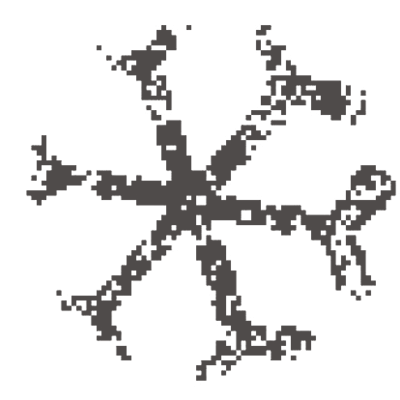New Delhi is closer to Warsaw: How will Polish companies benefit from the EU’s strategic alliance with India?
For years the EU and India sought to work out a comprehensive trade agreement. The first round of negotiations was launched in 2007, but talks broke off in 2013 when the parties failed to agree on key regulatory areas, particularly involving the automotive sector. After an impasse of nearly a decade, negotiations on a free-trade agreement were resumed in 2022 and completed on 27 January 2026 in New Delhi.

Court of Justice: Bank can demand setoff even if it regards the contract as valid
On 22 January 2026 the Court of Justice of the European Union issued another in a series of rulings resolving doubts arising out of litigation over Swiss-franc-denominated mortgage loans to Polish borrowers. In C-902/24, Herchoski, the Court of Justice considered a request for a preliminary ruling submitted by the 28th Civil Division of the Warsaw Regional Court.

Ministry of Health communiqué on “aesthetic-corrective medicine”: A groundbreaking interpretation, or the start of a dispute over the boundaries of competence?
On 30 January 2026 the Polish Ministry of Health published a lengthy communiqué on performance of aesthetic-corrective medical procedures. Regardless of how the ministry’s position is assessed, it does bring some clarity to the debate over who can perform certain cosmetic treatments and under what conditions. In practice, the communiqué also signals the government’s regulatory policy. The ministry indicates how the regulations should be interpreted and what standard of patient safety can be expected.

Protecting Polish agriculture: Sales of real estate from the State Treasury Agricultural Property Stock halted for another 10 years
Extension of this period is intended to combat speculative purchases of land by Polish and foreign entities, guarantee that productive plots are used for agricultural purposes, and protect family farms from going into debt to purchase land.

Can a jingle be a trademark?
A melody lasts two seconds and contains four tones. Is that enough to register it as a trademark? The EU’s General Court recently took another look at the distinctiveness of sound trademarks.

International exchange of tax information: Does it have a real impact on inspectors’ findings?
In cross-border tax cases—particularly involving withholding tax—the evidence often includes information obtained from foreign tax authorities. Such information is intended to help paint an objective picture of the facts. But is it really used that way?

The EU-Mercosur trade agreement and access to the public procurement market
Relations between the European Union and the Mercosur bloc of South American countries (Argentina, Brazil, Paraguay and Uruguay) are entering a new phase. On Friday, 9 January 2026, despite opposition by members including Poland and France, the EU member states approved a trade agreement with Mercosur which had been negotiated for many years. It is to be signed this coming Saturday, 17 January.

The Foreign Subsidies Regulation in practice: As the Commission investigates Nuctech ex officio, who’s next?
Until recently, the FSR was regarded by many businesses as a “niche” regulation, mainly relevant only in the largest concentrations and high-value public procurements. But the ex officio investigation launched against Nuctech shows that this perception was erroneous.

Good times, thoughts and events
We wish a joyful and restful holiday to our authors and readers. We will return in the New Year.

The American statutory foundation: An interesting alternative to trusts for wealthy Polish families
Entrepreneurs and other wealthy individuals in Poland now have the convenience of choosing between different succession planning tools. If their business and assets are largely Polish, and the beneficiaries live in Poland, a natural choice may be the family foundation, a relatively simple instrument based on Polish law and increasingly encountered in practice. But if the business is more international, and the family is dispersed between jurisdictions, many clients begin to consider foreign solutions.

A partner’s voluntary exit from a partnership
In the operations of a Polish partnership, the need may arise for a partner to voluntarily exit the partnership. This can be done in several ways, depending on whether there is an agreement between the parties. The regulations provide for the possibility of transferring the totality of the partner’s rights and obligations to another person with the consent of all the partners, or lacking that, the possibility of terminating the partnership agreement. However, the code-based solutions may prove inadequate for various reasons. This raises the question of whether, and to what extent, the parties can regulate these issues outside of the code, based on their own agreement.

Insurance exclusions for war and terrorism: Are we protected?
The property insurance policies available on the market, such as homeowner’s insurance, automobile insurance, coverage of business property, and construction and installation insurance, typically exclude the insurer’s liability for loss caused by war, hostile acts, terrorism or sabotage. These clauses have been purely hypothetical, but recent events in Poland are leading to a reconsideration of their interpretation and application.
